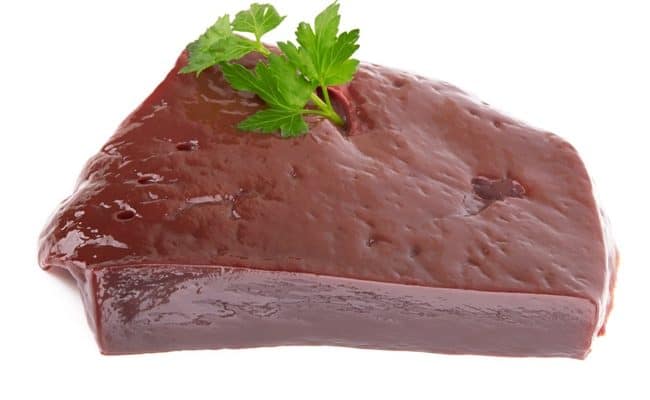
Although many people taking multi-vitamins report an increased appetite, there is very little scientific evidence to support the fact that vitamins have any function in increasing appetite.
Having said this, deficiencies of many vitamins can cause a decreased appetite, so it is perhaps likely that feelings of increased hunger when taking vitamins may be due to previous deficiencies which when corrected mean that appetite returns to normal levels.
Many people take vitamins in order to be ‘healthier’ but may be concerned if they cause an increased appetite as they do not wish to gain weight. There is no evidence to suggest that this will actually happen and if any increase in appetite is experienced, it may be due to replacement of nutrients previously deficient, which is ideal for your health.
However, if you do experience a dramatic increase in appetite (for any reason), that is ongoing, you should contact your doctor to investigate the cause.
The evidence
There is a lack of evidence in recent studies in this area, meaning it is hard to form definite conclusions. One study found that a diet rich in B vitamins caused a more stable appetite in children, however as this study was published in 1938, it is likely that this evidence is outdated.
The American Academy of Paediatrics’ Committee on Nutrition published a statement in 1958 regarding the use of vitamin B1 and B12 as appetite stimulants for young children. It was stated in the report that there was no convincing evidence to suggest that Thiamine or B12 stimulated the appetite when administered for this purpose.
It did however drive home the fact that both of these vitamins play an important role in the body’s metabolism and supplementation is required when indicated by low body levels. If deficiency continues over an extended time period, it is possible that this may result in lack of growth or poor appetite.
Vitamin deficiencies that may cause loss of appetite
The following vitamin deficiencies may cause loss of appetite, along with numerous other symptoms.
- Vitamin B12
- Vitamin A
- Vitamin B1 (thiamine)
- Vitamin B6
- Biotin (rare and most commonly seen in infants)
If you suspect you are deficient in a vitamin, it is a good idea to consult a health professional to identify which vitamin is the culprit and supplement this accordingly.
Remember that vitamin deficiencies can be caused by a variety of underlying conditions as well as insufficient dietary intake and are in fact quite rare in people with moderately healthy diets, so it is always wise to see you doctor before starting to supplement. Also read: Do you really need vitamin supplements?
Supplements that may cause loss of appetite
There is some suggestion that zinc supplementation may cause appetite loss, but this is mainly due to taste changes brought about by this nutrient.
Other factors that may increase your appetite
A new vitamin regime is only one of many things that may have an effect on your appetite, so it is important to look into all the possible causes before presuming the vitamin in the culprit.
One major cause of increased appetite is increased physical activity levels. If you are working out more, your body will generally adapt to replace the bodies energy stores by stimulating hormones that increase your appetite.
While working out may mean that you can get away with eating a bit more than before without weight gain, be careful not to see exercise as an excuse to eat whatever you like as you are likely to consume more calories than you burn.
To satisfy this extra hunger, try a couple of extra small snacks based on low GI carbohydrate and lean protein.
It is also though that the time of the year can change your appetite, with most people eating more during winter. During cold weather, the body craves hot, hearty food to raise the body temperature, and thus we generally eat heavier food.
This increase in intake during the winter months can lead to substantial weight gain over the years, so try to turn to lower calorie winter warmers such as vegetables soups and teas.
The type of food you eat can also affect your appetite. If you eat high GI or sugary foods, this causes a peak in blood sugar levels which quickly drops, leaving us feeling hungry again.
If low GI carbohydrate foods are chosen, they keep your blood sugar levels more constant and keep you fuller for longer.
It has also been suggested that colour may affect appetite. A 2009 study showed that red acted as an appetite stimulant, whilst blue had a suppressant effect.
This may mean that food packaged in red and yellow shades, think a certain well-known fast food chain, will stimulate our appetites, whilst eating of blue plates for example, might cause us to eat less.
Hormonal changes may also effect you appetite, and women often feel increased hunger when starting a new contraceptive pill or during menstruation.
There are numerous factors that can affect your appetite, so it is important to determine the cause of increased appetite in conjunction with your doctor if you feel it is a problem. Always try to satisfy your appetite with healthy, nutritious foods for the best health and to limit weight gain.
References used in this article










